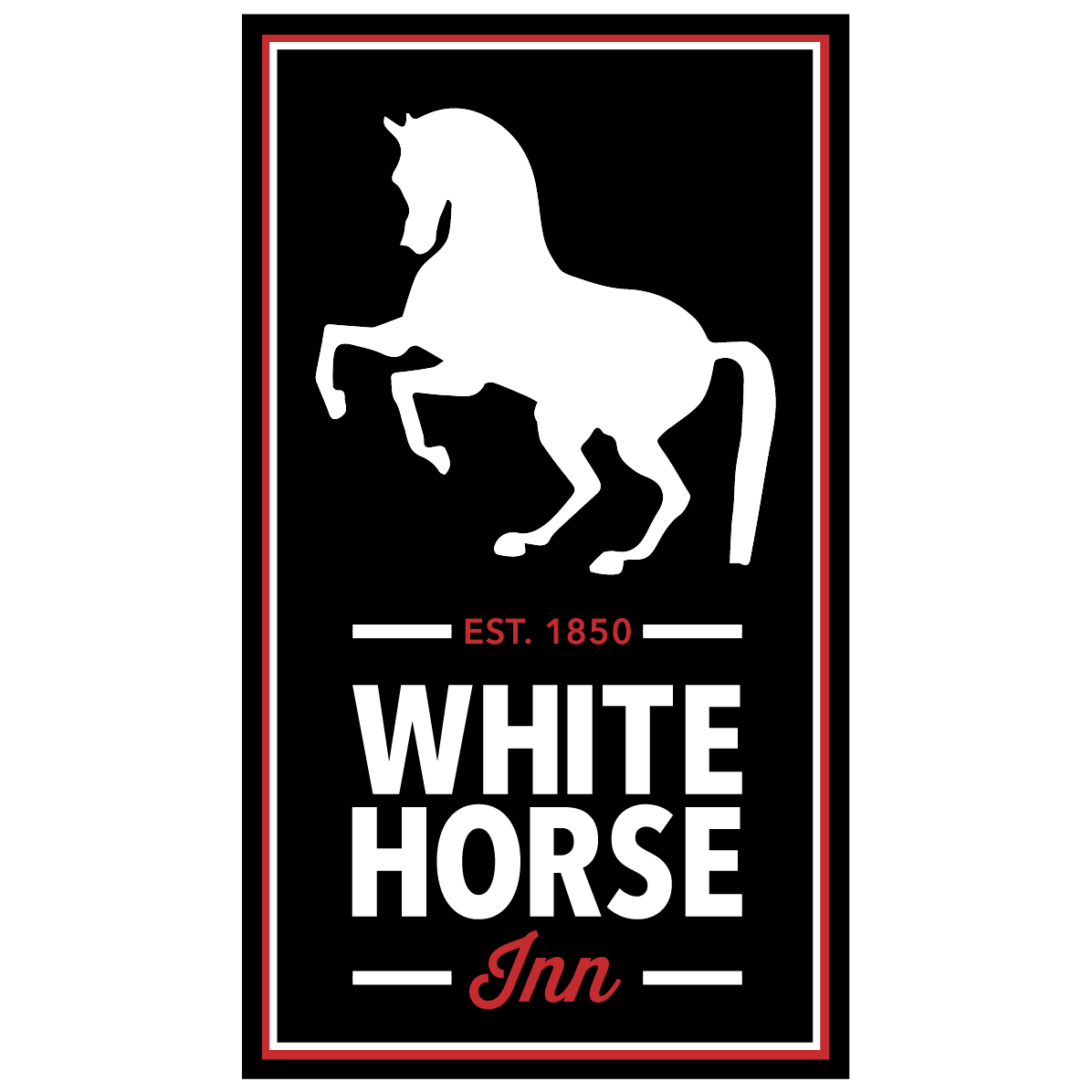The original building was developed in 1848 by Daniel Ammerman, who used it as a general store in the small village of Metamora. Two years later, it was purchased by Lorenzo Hoard, who turned it into an inn and stagecoach stop known as the Hoard House, which charged 50 cents for overnight guests.
In 1872, the Michigan Central Railroad built its line through Metamora, and Hoard received the franchise to feed and house overnight passengers. By 1874, Metamora had 271 residents.
The building served as a central resting stop for travelers on stagecoach and train, where they could get a hot meal and rest for an evening before continuing their journey. The inn was also equipped to stable horses that needed to rest as well. Guests dined on boiled mutton, oyster sauce and a draft of beer for 10 cents.
Lorenzo died in 1888, but his family continued to manage the Hoard House until 1906, when it was sold to William Detter and Samuel Miller.
The late Gilbert Olds bought the inn around 1917, for a deal at $2,200, and kept it until 1923 when Frank Peters took it over during the Prohibition Era. Peters was also responsible for the name change to The White Horse Inn.
After years of wear and tear and neglect, The White Horse abruptly closed its doors in 2012, until husband-and-wife team, Linda Egeland and Victor Dzenowagis purchased the 163-year-old building with plans to renovate and rebuild.
Officially reopened in November 2014, The White Horse Inn has been completely restored and given a new life. Each area in the restaurant was carefully created and designed with the past in mind. The decor also brings in an equestrian theme, paying homage to the stagecoach and fox-hunting days of yesteryear.
The menu is just as classic, with reimagined twists on comfort food like Cowboy Mac and Cheese, Chicken Pot Pie and W.H. Pickles and Bread.

